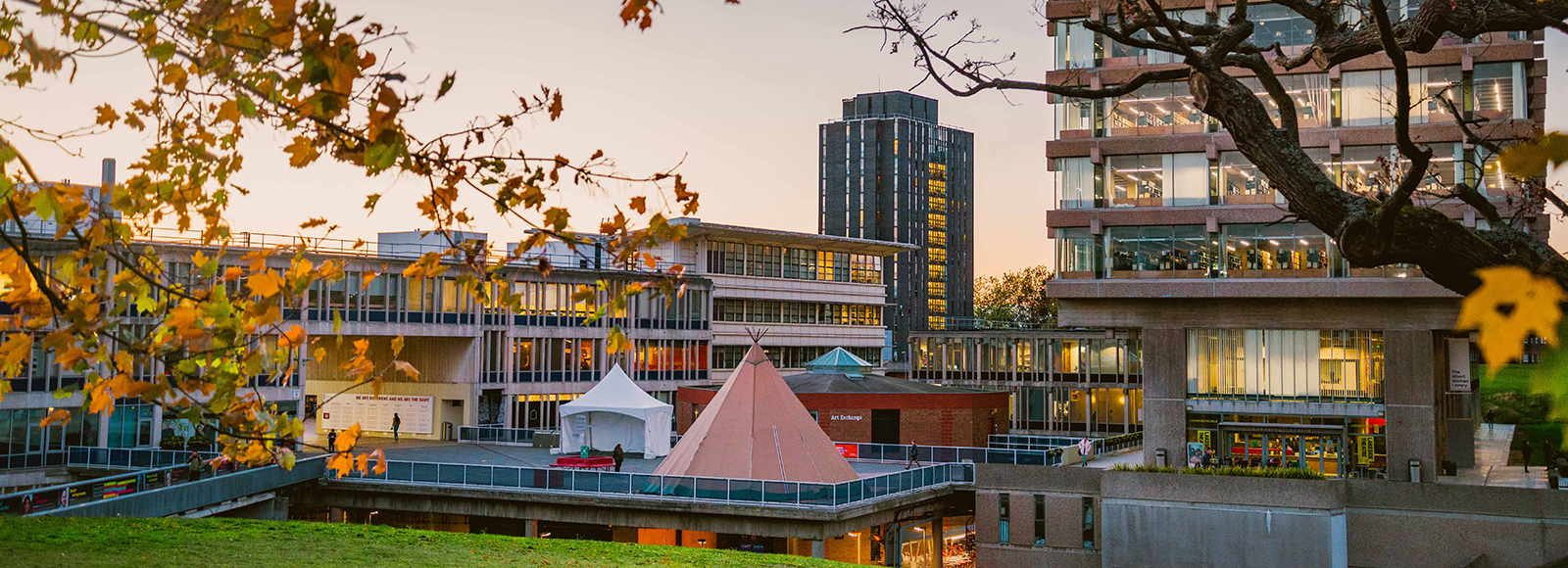- ...
Postgraduate Studentships - Search for funding opportunities.
We’re world leaders in political science, asking difficult questions to find important answers. How do you put an end to armed conflict? What are the benefits and consequences of intervention? What role do non-governmental organisations play in the prevention and resolution of conflict? Is immigration linked to terrorism? Does climate change affect transnational migration patterns? Our course helps you understand the evolving field of conflict resolution, exploring the causes and effects of destructive conflict across the world, and scrutinising the theory and practice of how it can be managed peacefully.
You learn advanced quantitative skills to build upon your statistical background. Consider our MA Conflict Resolution if you don’t have a strong background in statistics. You have access to leading conflict resolution experts in our Michael Nicholson Centre for Conflict and Cooperation and the opportunity to collaborate on research. We also host popular talks with our experts, and with prestigious external speakers, helping you develop a deeper knowledge of conflict resolution.
We provide you with a framework for understanding conflict resolution in inter- and intra-state issues, focusing on topics including: Mediation, negotiation, and collaborative problem solving Using conflict data sets and drawing geographical maps International development and human rights International relations and security studies Global and comparative politics You have the option of studying an extracurricular module on non-violent movements, offered in collaboration with Slobdan Djinovic and Srdja Popovic of the Centre for Nonviolent Action and Strategies in Belgrade.
This exciting module, previously offered at many US universities including Colorado College, Harvard University and New York University, has never been offered anywhere else in Europe. Our dynamic, interdisciplinary approach combines traditional methods with contemporary theory and practices of non-violent movements. We encourage you to experience the practical as well as the theoretical application of these topics through examining real case studies of international conflict. Our Department of Government is one of the most prestigious in Europe, with an outstanding record of teaching, research and publication.
We are rated top in the UK for research (REF 2014), and have consistently been the highest-rated politics department in the country since national assessments began. We’re also ranked among the top 30 departments for Politics in the world (QS World Rankings by Subject, 2020). With this course you also have the opportunity to study abroad at one of our partner institutions and achieve a dual award, which means you’ll receive two Masters degrees in two years. Find out more on our dual award webpage.
We will consider all applicants with 2:2 or above, or equivalent international qualifications. For some courses, there may be additional requirements which can be found on our website.
For fees and funding options including scholarships available please visit website to find out more
All Essex politics graduates have the distinction of a qualification from one of the world’s leading politics departments. This course will prepare you for a career in areas such as non-governmental organisations, international and national government, or the private sector.
Recent graduates have gone on to work for the following high-profile organisations:
We also offer supervision for PhD and MPhil in the following fields: government; ideology and discourse analysis; international relations; political behaviour; and politics.
Our academic reputation is illustrated by the fact that many of our graduates now teach or research at universities, colleges of higher education and schools. For example, recent graduates are now research fellows and academic staff at:

Founded by Sir Albert Sloman during the peak of the counterculture, the University of Essex was built to be “a new kind of university…where research r...